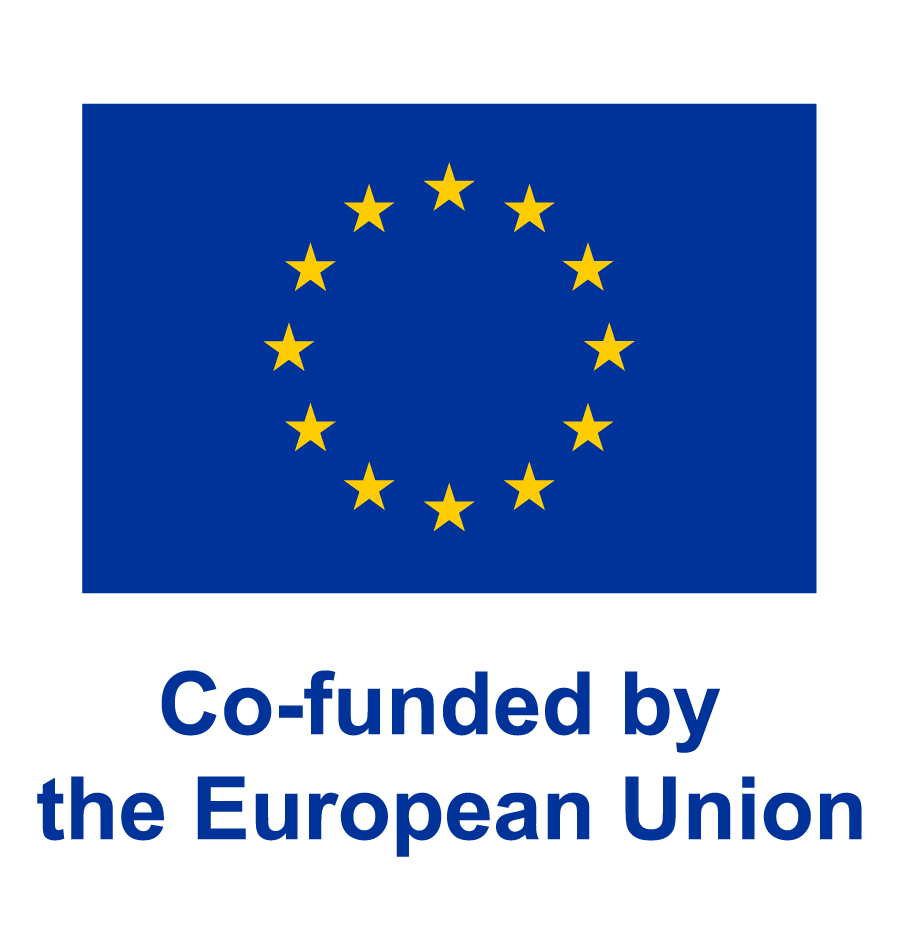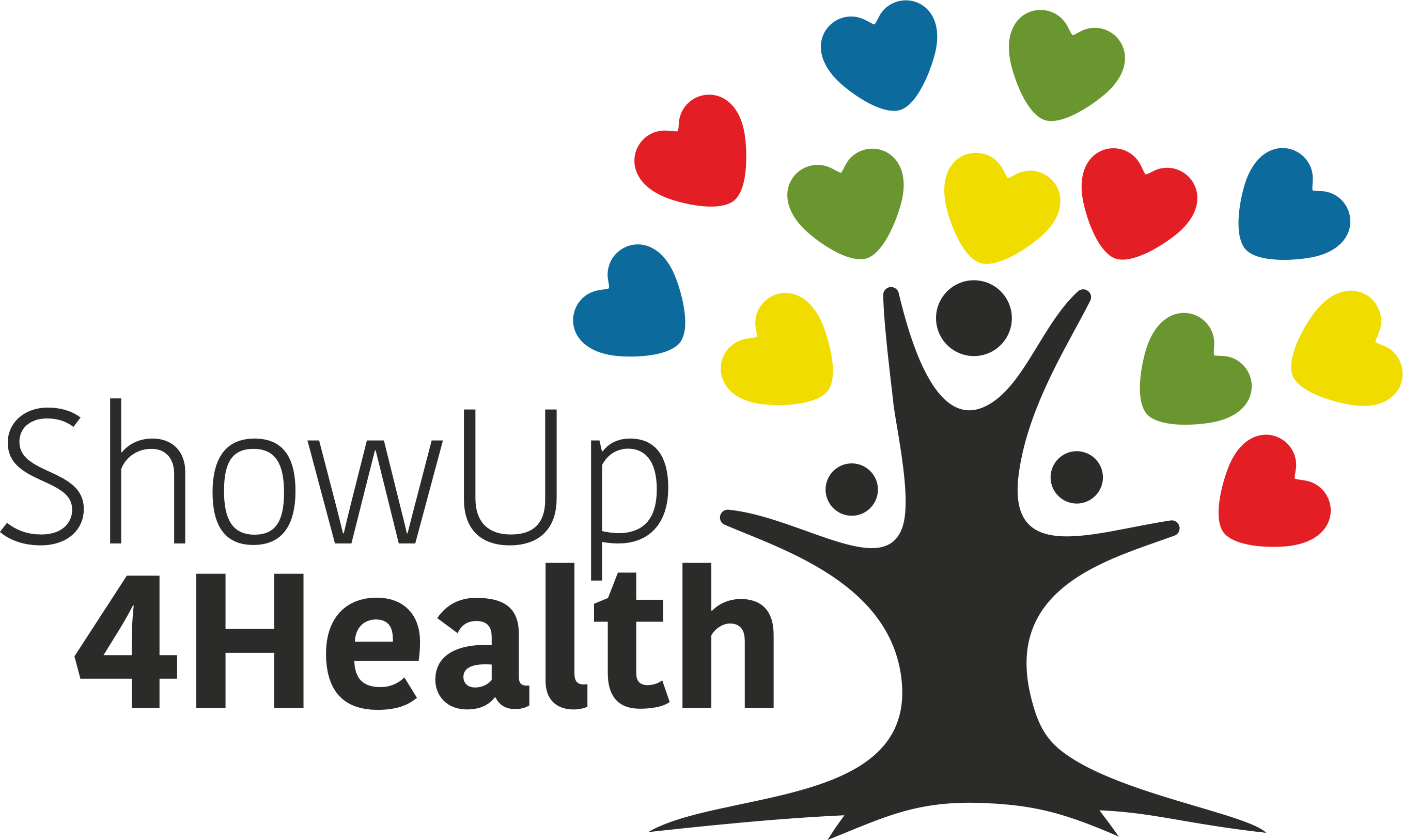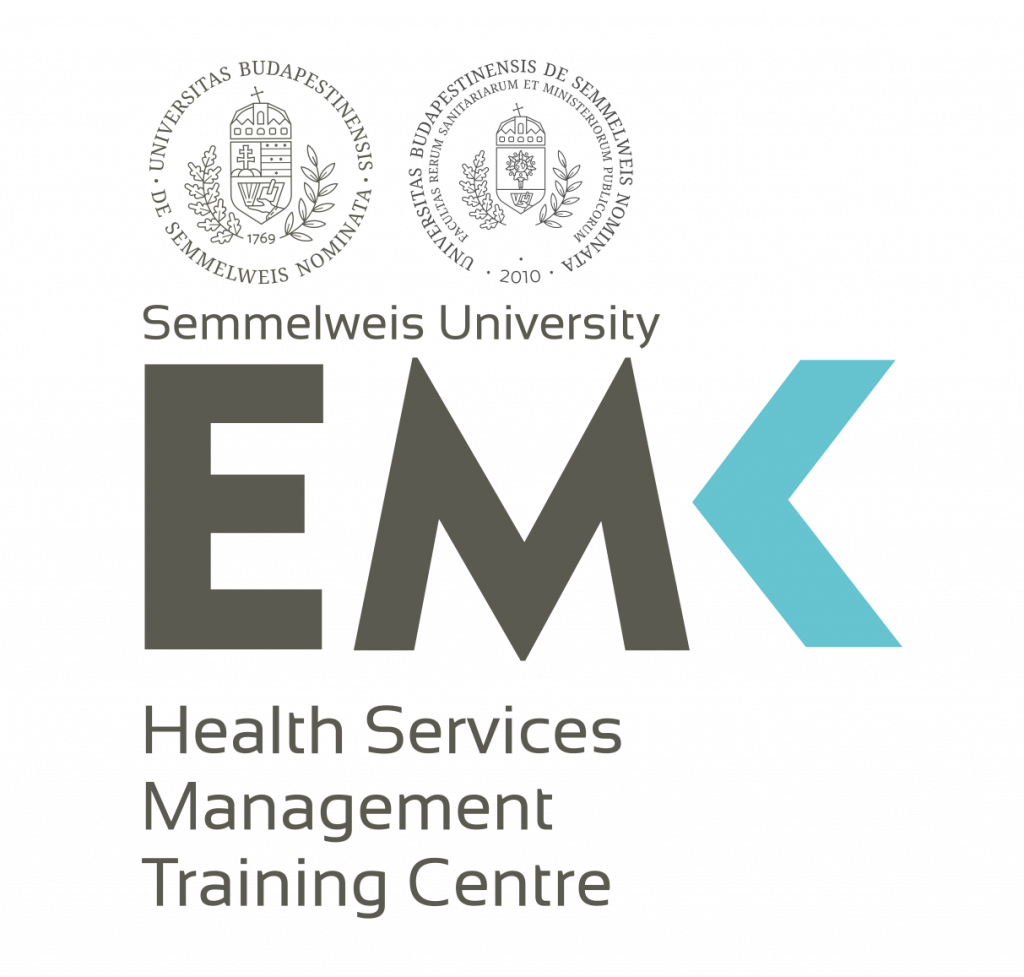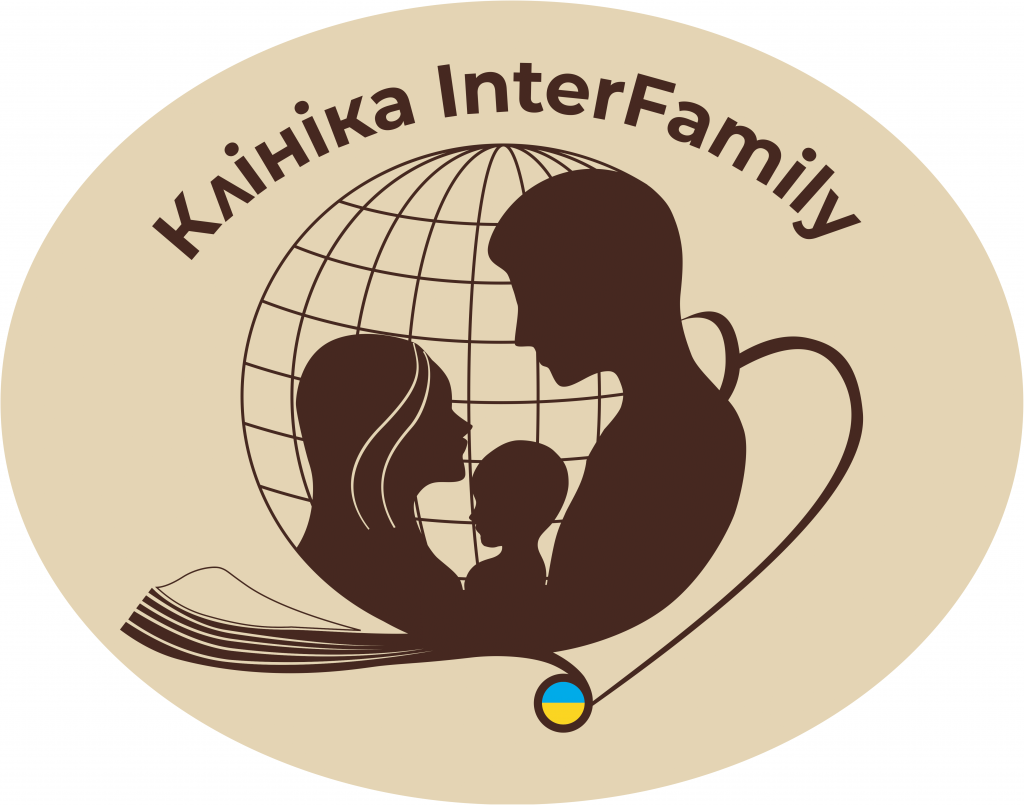The Project
Social and environmental health determinants impact the health ecosystem of vulnerable groups. In Central and Eastern Europe, Roma communities are among the most vulnerable and segregated groups. Cultural characteristics, poverty, and a distrust of systemic structures lead Roma groups to face widespread health inequalities, such as low health literacy and a low willingness to adhere to medical protocols. These health determinants then directly contribute to the Roma community’s increased risk for developing non-communicable diseases (NCDs).
ShowUp4Health believes that communities that synergize medical and social interventions can use this as a tool to build trust and facilitate higher levels of health literacy in vulnerable groups like the Roma. Cross-sectoral partnerships of stakeholders in support of vulnerable communities can also bring expertise, cooperation and resources to address complex NCD strands.
The general objective of ShowUp4Health aims to address social and environmental health determinants contributing to the increased risk of NCDs in vulnerable groups (primarily Roma communities and secondarily IDPs). This will be achieved through the development of an Integrated Social-Healthcare Development Methodology (Integrated Methodology) for organisations working with vulnerable people. This methodology will complement the Member States’ efforts in integration, introduction, dissemination, and implementation of best practices, which is fully relevant to the scope of the call.
- Decrease health inequalities in vulnerable groups (i.e., Roma communities in Central and Eastern Europe) focusing on the combination of social and environmental health determinants through the targeting of the entire patient pathway in NCD prevention.
- Bridge the fields of social work and healthcare within a single Integrated Social-Healthcare Methodology to establish trust, facilitate health literacy, and build adherence to health protocols within vulnerable groups.
- Increase the internal capacity of project beneficiaries within the already existing infrastructure by widening human resources and introducing an integrated, cross-sectoral viewpoint.
- Understand the adaptability of the Integrated Social-Healthcare Methodology in reducing health inequalities within other vulnerable groups in Europe (using the IDP population in Ukraine as a testbed).
- Ensure the use of project outcomes and the replication of project activities (specifically the reduction of health inequalities) in other vulnerable communities by focusing on the role of health determinants in increasing the risk for developing NCDs.
Our Main Activities
The ShowUp4Health project follows three main steps:
Develop
Develop the initial Integrated Social-Healthcare Development Methodology for Vulnerable Groups (ISHDM)
Create
Creating a training program and corresponding materials.
Pilot
Pilot project, organised around specific pillars.
Impact
The short-term impacts of the results and activities of ShowUp4Health will be reflected in the pilot areas and in the lives of the vulnerable communities living there. The Integrated Methodology will be applied in all 38 settlements of the pilot areas. We assume that at least 50% of all adults in the pilot areas will be involved in an activity related to health literacy and/or NCD, and at least 80% of them will have improved knowledge on health literacy and NCD by the end of the project.
By achieving better cooperation between social and healthcare actors on the field and by engaging key civilian actors (like teachers, priests), a more effective, harmonised, complementary communication of health and NCD related messages will be realised. By the increased number and increased role of Health mediators the existing health mediator systems will be fortified in Romania, Bulgaria and Slovenia, while in Hungary a new role will be introduced.
By introducing the concept of shifting tasks of NCD screening (non-invasive, or only risk assessments) to non medical staff, MDs can dedicate more time to patients with NCD or with high NCD risk, therefore the national health systems will be strengthened at least in 2 participating countries in the short term.
These activities will lead to:
- More effective NCD and healthy lifestyle related communication to and with vulnerable people in pilot areas
- More vulnerable people are participating in NCD screening in pilot areas
- More vulnerable people with high NCD risk factors and with NCD (cardio-vascular diseases, diabetes, chronic respiratory diseases and mental health (in Ukraine)) will be identified in pilot areas, and directed to specialists for medical treatment
- More vulnerable people with medical follow-up discipline and medication adherence
- More balanced work of healthcare workers in pilot areas
- Increased knowledge and sensitivity among both medical and social actors
- Improved public health in some of the pilot areas
As the situation in Ukraine presents a number of unknowns, the short-term impact of ShowUp4Health will be different in this beneficiary country than in the others. More specifically, the Integrated Methodology will create a more balanced approach to NCD prevention, screening, and follow-up through the development of an informal care network of professional and nonprofessional health providers. For NCD screening not-related to mental health, there will be an increase in knowledge and sensitivity amongst doctors; whereas for NCD screening related to mental health, the training of GPs, NGO workers, and non-professionals will increase overall capacities within this part of the patient care pathway.
The medium-term impacts will be felt mainly in the pilot areas and in the activities of PPs, who will adopt the Integrated Methodology in other settlements / communities they are operating at. Thanks to dissemination activities, other civic organisations working with vulnerable groups will also be able to adopt the Methodology. It is important to note, however, that the activities and tools of the Integrated Methodology that do not require substantial funding (e.g. cooperation between social and healthcare actors, supporting civilian figures, health mediators, social workers as NCD screeners, health system navigation assistants) will definitely continue both in pilot areas and in the settlements provided by the beneficiaries, while the elements of the Integrated Methodology that require financial background/support (e.g.NCD screening tests, medical care, medicine) primarily depend on the health care system of the given member state.
Thanks to the policy recommendations prepared in WP2, ShowUp4Health will have a transformative effect on the health system not only in the pilot areas, but also in the member states of the project beneficiaries. A new, paid profession/activity can be created in member countries where it does not exist, for example the health intermediary position. Also, more comparable data can be derived in PPs’ Member States due to the fact that NCD screening follows the same methodology (process description, testing, standards, required type of examination).
Therefore all short term impacts persist in the medium term, and additionally:
- The Integrated Methodology is adopted in all settlements, where beneficiary organisations are operating
- The Integrated Methodology is adopted by other civic organisations
- Health mediator as a new or extended role is integrated into the healthcare system of Member States of PPs.
- Strengthened national health systems
- Improved public health in the partner countries
- The transformation into a more integrated social and health system is starting.
- Same methodology adopted for NCD screening (process description, testing, standards, type of test necessary) by the national authorities
- The Integrated Methodology is adopted by civic organisations working with other vulnerable communities in other Member States
Within the Ukrainian situation, the medium impact will also look different from the other project beneficiaries. More specifically, regardless of the state of the Ukrainian conflict in 3-5 years, the population of western Ukraine will inevitably grow. Thus, a possible, albeit optimistic, mid-term impact of ShowUp4Health is that this group will take what they have learned in Uzhgorod and disseminate the Integrated Methodology to other regions of Ukraine as the population moves. Additionally, this region will need a good health infrastructure to withstand the strain of this population growth and it is the consortium’s hope that the Integrated Methodology developed in ShowUp4Health (specifically the increased knowledge and on-the-ground capacities) will help to fill this gap.
The significant improvement of the social and health situation of vulnerable communities requires the commitment and long term financial support of the member states. In the longer term, improvements in health indicators and social health determinants can be expected.
The Integrated Methodology developed enables other NGOs working with vulnerable communities to (better) coordinate social and health developments and thereby improve the social and health indicators of vulnerable communities. The project will improve public health in the Union through implementing health promotion, NCD prevention, NCD screening and NCD follow-up initiatives in vulnerable communities. ShowUp4Health will strengthen national health systems and integrate work among Member States’ health systems.
- Improved health indicators of vulnerable groups
- Improved social health determinants of vulnerable people
The current geopolitical conflict in Ukraine makes it difficult to accurately predict the long-term impact of ShowUp4Health in this country. However, whether the current conflict continues or ends, the increase in mental health problems amongst IDPs will remain a major health concern for the region– particularly as mental health calls for increased capacities and different skills to screen, treat, and follow-up. What remains unclear is how the proposed Integrated Methodology will continue to impact the Ukrainian health ecosystem. Thus, while the consortium remains hopeful that this project will bridge the gap in healthcare capacities and facilitate stronger health literacy and adherence within IDP communities, the specific long-term impact will remain unknown at this time.
Partners
Country
Organization
The ShowUp4Health Consortium

The content of this website represents the views of the author only and is his/her sole responsibility; it cannot be considered to reflect the views of the European Commission and/or the European Health and Digital Executive Agency (HaDEA) or any other body of the European Union. The European Commission and the Agency do not accept any responsibility for use that may be made of the information it contains.






